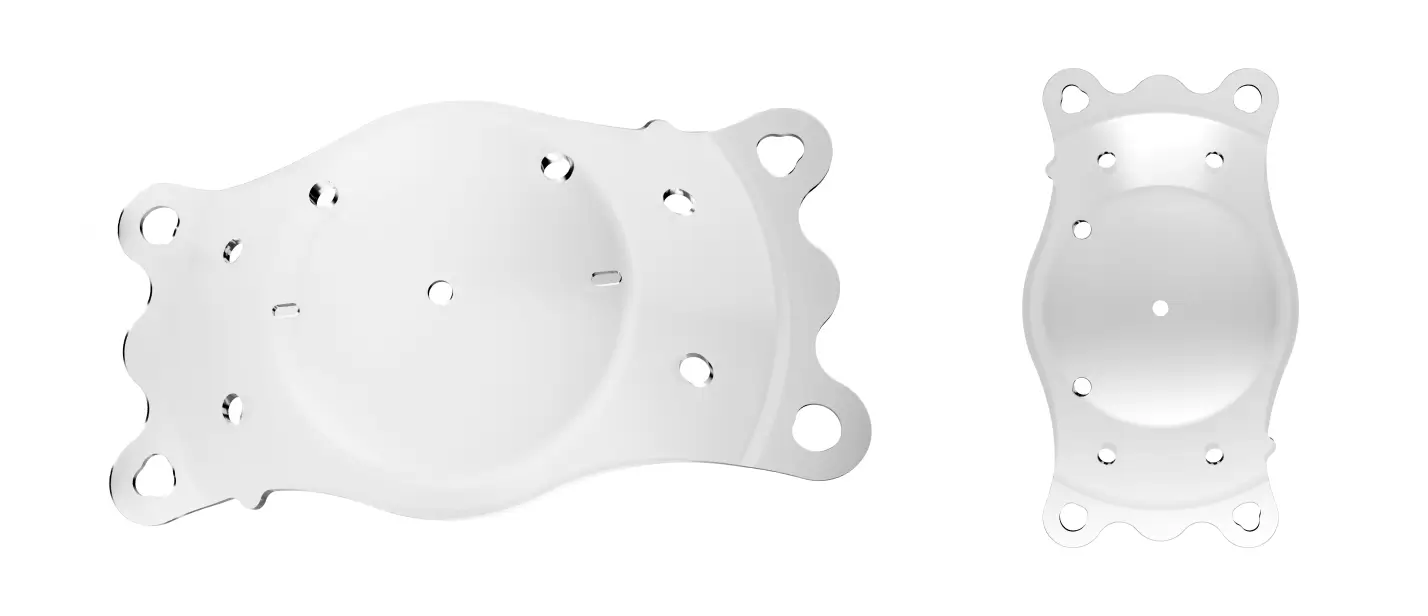Vision Benefits
Clear, natural vision—everyday with IPCL.



IPCL is a type of vision correction lens known as a Phakic Intraocular Lens.
A thin and flexible lens is gently placed between the iris (the colored part of your eye) and the crystalline lens,
to optimize the optics of your eyes and minimize your dependency on spectacles or contact lenses.
This helps to correct conditions such as nearsightedness, farsightedness, astigmatism, and presbyopia.
Unlike laser procedures, where corneal tissue is removed from your eye, IPCL does not reshape the cornea,
and if needed, the lens can be removed. That’s why it’s considered a safe and reassuring new way to correct your vision.
Clear, natural vision—everyday with IPCL.

IPCL covers a wide range of refractive errors, from moderate to high myopia, hyperopia, and astigmatism.
Even strong cases of nearsightedness or astigmatism—conditions that were difficult to correct with traditional laser surgery—can be considered for correction with IPCL.
It is also suitable for those who cannot undergo laser procedures such as LASIK or SMILE due to insufficient corneal thickness or irregular corneal shape.
Patented Trifocal Optics provides excellent distance, intermediate, and near vision for patients over 40 years old, while inducing minimal disturbances like halos and glare in all light conditions.
IPCL has already been introduced in many countries, supported by over 15 years of research and clinical experience. It is used by ophthalmologists worldwide and is recognized for its proven effectiveness and safety. IPCL is approved in the European Union, Japan and over 40 countries worldwide.
Because IPCL has little impact on the corneal nerves, the risk of post-surgery dry eyes is greatly reduced.
Eye-Friendly, High-Performance Material Design

IPCL does not contain any animal-based material.
IPCL is made of a hybrid hydrophilic acrylic, a highly biocompatible material, which has been used in intraocular lenses for over 40 years, having a proven long-term safety record.
IPCL offers the largest Corrective Power Range in the market:
Power Range (for Myopia and Hyperopia): +15D to -30D
Cylinder Range (for Astigmatism): +0.50D to +10.00D
IPCL offers the largest number of Lens Sizes in the market.
The lens is customized according to the shape and size of each eye.
13 Lens Sizes from 11.00mm to 14.00mm at 0.25mm step.
Very thin lens, only 90µ in the lens centre.
Designed for Safety — with no burden now or in the future

Unlike laser surgeries such as LASIK or SMILE, IPCL surgery does not remove any corneal tissue.
In rare cases, the lens can be removed if necessary, giving you peace of mind.
This flexibility also means IPCL can adapt to future changes in your eyes or allow a smooth transition to other procedures if needed.
The procedure takes only 20 to 30 minutes. Through a tiny 2.4 mm incision, the IPCL lens is inserted under local anesthesia, and you can return home the same day. Recovery is quick, making it an excellent option for people with busy lifestyles.
Since 2017, IPCL has been used in over 110,000 procedures across more than 40 countries. The safety and effectiveness of IPCL have been demonstrated in international clinical trials.
The IPCL implantation procedure is a safe and effective procedure carried on by trained eye doctors.
It can correct various eye conditions such as Myopia, Hyperopia, Astigmatism, and improve your distance vision without eyeglasses or contact lenses. A certain model of IPCL can also improve near vision for individuals who need reading glasses (Presbyopia)1.
However, the IPCL implantation is a surgical procedure, and as such, it carries potential side effects and serious risks.
For information about the main potential side effects and risks, and other safety information, please click the IPCL Safety. (link to safety)
For complete information about the potential side effects and risks, please consult with your eye doctor.
Before you proceed with the IPCL implantation procedure, your eye doctor will conduct a comprehensive eye examination to check whether you are suitable for IPCL implantation. Your eye surgeon will also explain to you in detail the benefits and risks of the IPCL implantation procedure, so that you may be able to make an informed decision.
All IPCL models received the European CE Mark and are approved by numerous regulatory authorities worldwide. The IPCL models for the correction of Myopia and Astigmatism are approved by PMDA in Japan. The IPCL models for correcting Hyperopia or Presbyopia are not approved in Japan.